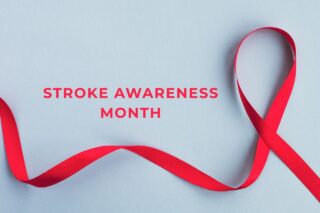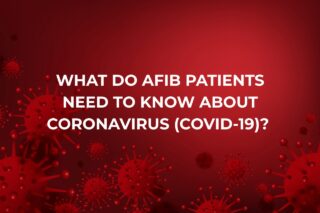
Doctors and other medical specialists used to think that hot flashes were merely annoying symptoms women would have to endure as they neared menopause, but a pair of new studies suggest an association between hot flashes and heart disease. Women who have hot flashes earlier in life have a higher risk for heart disease than do those who experienced hot flashes later in life or not at all, according to results of two studies presented at the American College of Cardiology (ACC) Scientific Sessions 2015.
Doctors use the phrase “vasomotor symptoms” to describe hot flashes and night sweats, which are common for women as they approach menopause, a phase known as perimenopause. More than 70 percent of women suffer vasomotor symptoms during perimenopause and menopause. The pair of studies presented at the ACC Scientific Sessions suggests an association between early onset of vasomotor symptoms and endothelial dysfunction, a type of vein problem that prevents blood vessels from dilating enough to allow blood to flow freely. The presence of endothelial dysfunction is of significance in predicting stroke and heart attack.
In both studies, the scientists used special ultrasound tests and other diagnostic tools to determine the relationship between hot flashes and the amount blood vessels open when blood runs through them, a phenomenon known as flow-mediated dilation (FMD). Low FMD scores means the blood vessels do not dilate well, causing poor blood flow. In other words, the researchers in both studies wanted to find out if high rates of vasomotor symptoms (hot flashes) cause poor dilation in blood vessels (FMD), resulting in a higher risk for endothelial dysfunction (potential for heart problems).
The Studies
Researchers in the MsHeart study enrolled 189 women aged 40 to 60 years who were approaching menopause or already in menopause. Research participants did not have heart disease and were not taking hormone therapy, beta-blockers, calcium channel blockers, insulin or antidepressants.
The researchers found that, for the youngest women in the study, a high number of hot flashes were associated with less dilation and poor heart function.
Results of the second study confirmed this association between hot flashes, night sweats, and FMD. Researchers in this study, known as Women’s Ischemia Syndrome Evaluation (WISE), enrolled 104 postmenopausal women who were not on hormonal therapy. The mean age of participants was 67.
The researchers in this study found that women who suffered hot flashes early in life had poorer FMD vein dilation than did women who had vasomotor symptoms at an older age.
If you are a woman in perimenopause or menopause and are concerned about hot flashes and heart health, consult with your primary care doctor.



